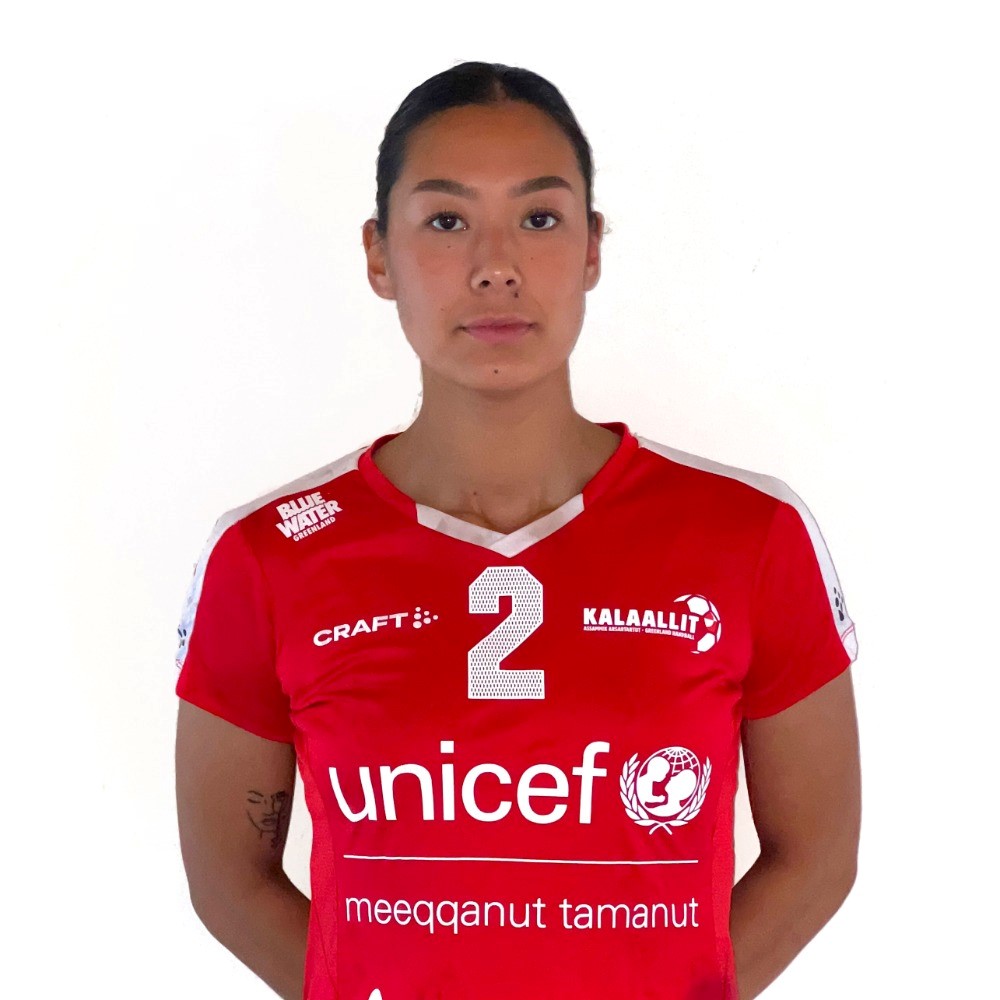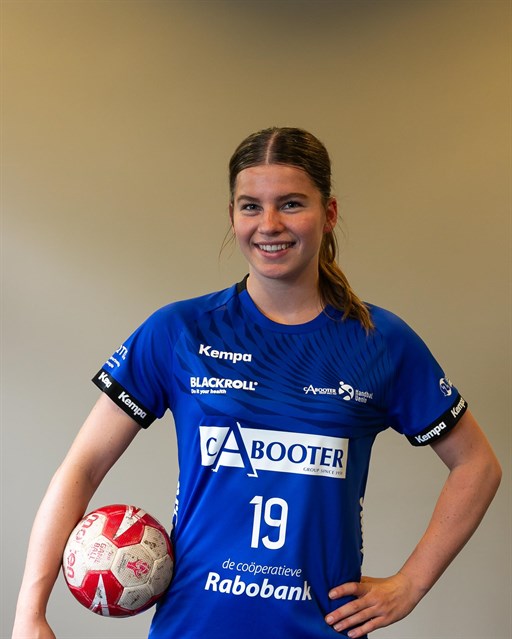Women

A silver at their first-ever Olympic Games – London 2012 – resulted in a national celebration in the tiny European nation of Montenegro, home to just over 620,000 people and then, a few months later, they defeated their Olympic final opponents Norway in the Women’s EHF EURO gold-medal match to spark even wilder scenes.
Since then, however, try as they might, the podium has been a distant place on the European, world and Olympic stage for the Montenegrin women.

In terms of total medals, and the rank of those won, Republic of Korea are the most successful team in the history of Olympic handball in either gender.
Though Denmark’s women have won three gold medals (but no silver or bronze) and therefore top the top medal tally from the time women’s handball was introduced to the Games in 1976, Korea’s six medals – two gold (1988, 1992), three silver (1984, 1996, 2004) and one bronze (2008) – is better than Norway’s six (two gold, two silver, two bronze).

They made their Olympic debut when the women’s game made its Olympic debut – at Montreal 1976 – but since then, for 45 long years, Japan’s women have failed to taste the Games again.
However, as hosts, they get a free pass to Tokyo 2020 and will be looking to inspire a generation at home as the squad gets the chance to perform at the highest level once again.

Only two teams, Norway and Republic of Korea, have won more medals at the Olympic Games than Hungary, who have three medals on their tally.
However, the Hungarian side have never struck gold in the competition, finishing second once, in 2000, and taking bronze twice, in 1976 and 1996.

The France women’s national team’s consistency over the past five years has been nothing short of astounding. Olivier Krumbholz’s side has secured an IHF Women’s World Championship title and a Women’s EHF EURO title, as well as silver medals at the Olympic Games and the Women’s EHF EURO 2020.
Therefore, the expectations are high, and nothing less than a medal would be enough for the French side at Tokyo 2020.

Ever since the Brazilian women qualified for their debut Olympic Games in 2000, they have near-enough been on an upward trend.
Their 8th place at Sydney 2000 was followed by one better at Athens 2004 and then a slight bump in the road at Beijing 2008 (9th), but two top six finishes in the last two editions – 6th in 2012 and 5th in 2016 highlight the progression forwards.

Out of the 24 men’s and women’s teams at Tokyo 2020, Angola’s women represent the best-prepared in terms of recent competitive action.
After it was delayed by six months due to COVID-19, Angola picked up their third-straight CAHB Women’s African Championship title – and 14th overall – exactly five weeks before the Opening Ceremony in Japan.

Nuunu LUKASSEN
Profile
Greenland
06 November 1999
24
164 cm
63 kg

Nuuk Håndbold Klub
GRL
Lisanne KRUIJSWIJK
Profile
Netherlands
23 January 2001
24
175 cm
65 kg

BM Bera Bera
ESP
Soda CISSE
Profile
Senegal
04 March 1998
27
176 cm
55 kg


